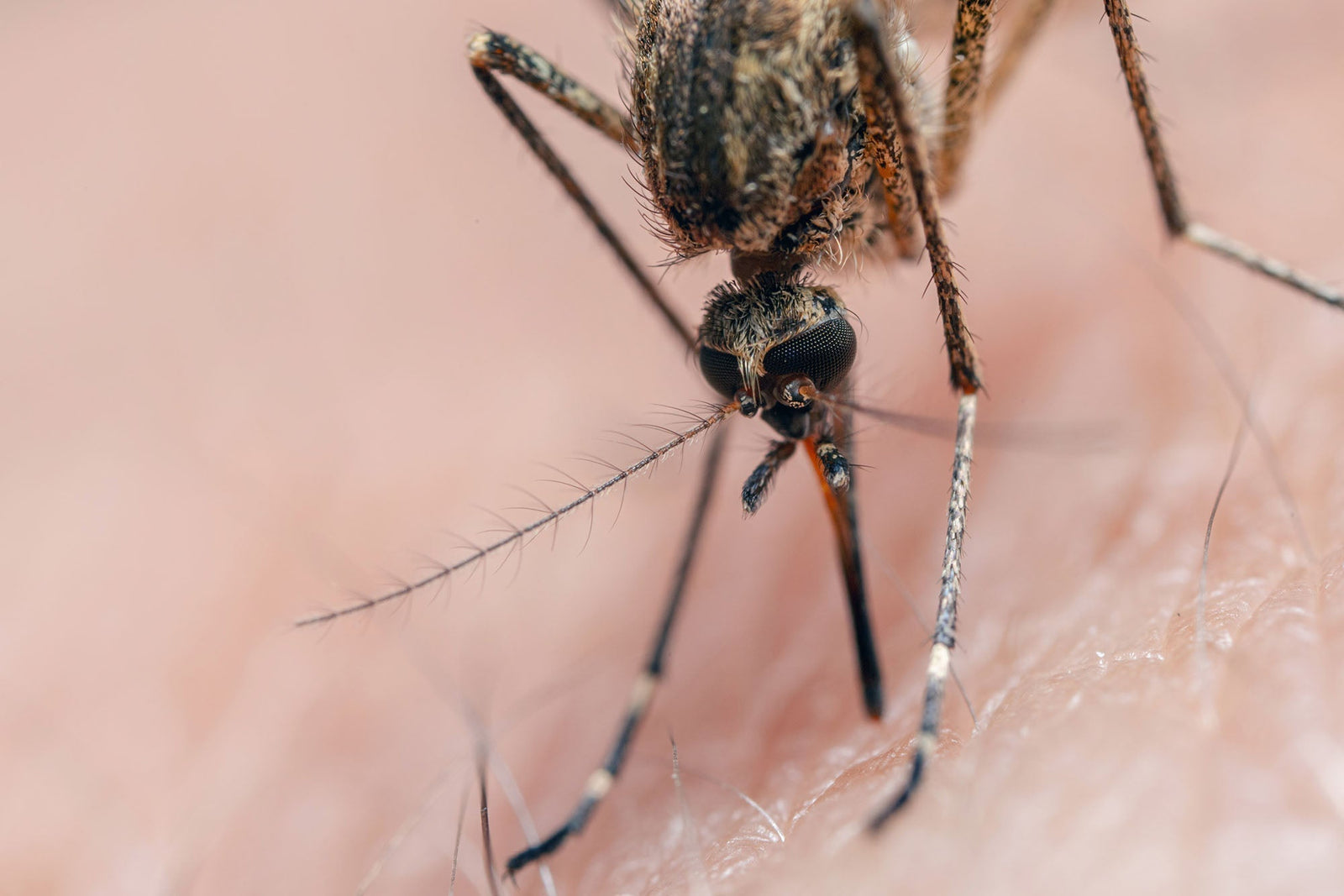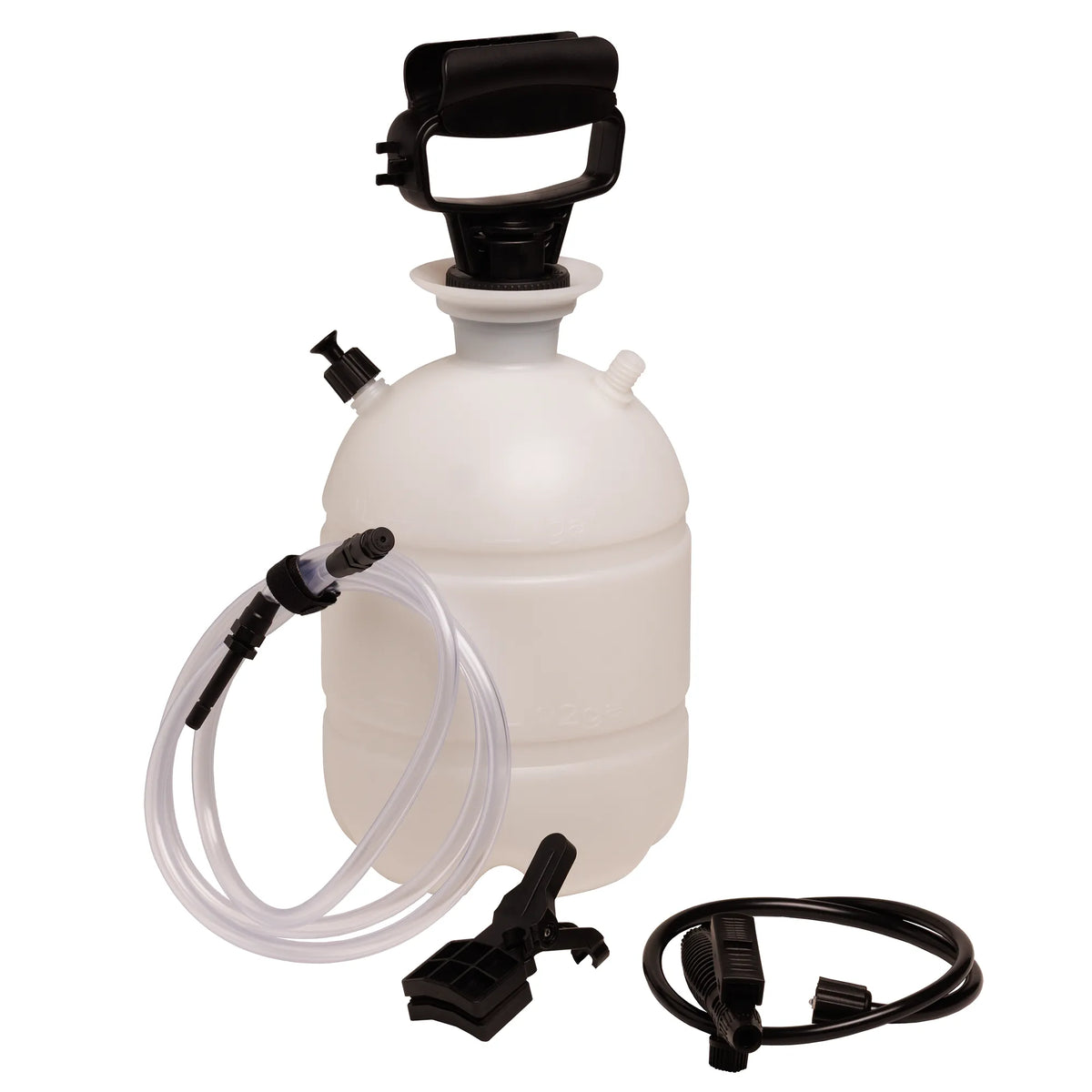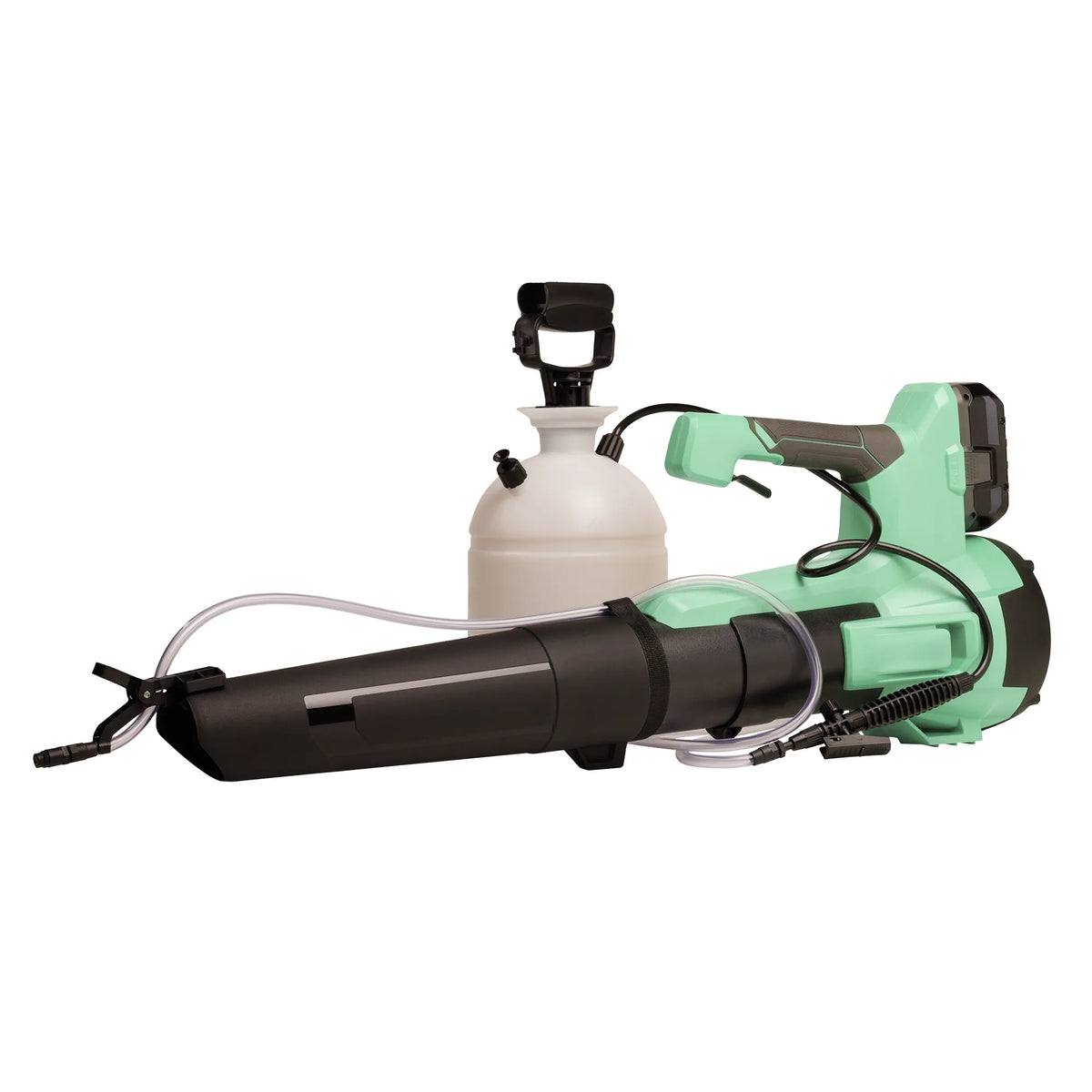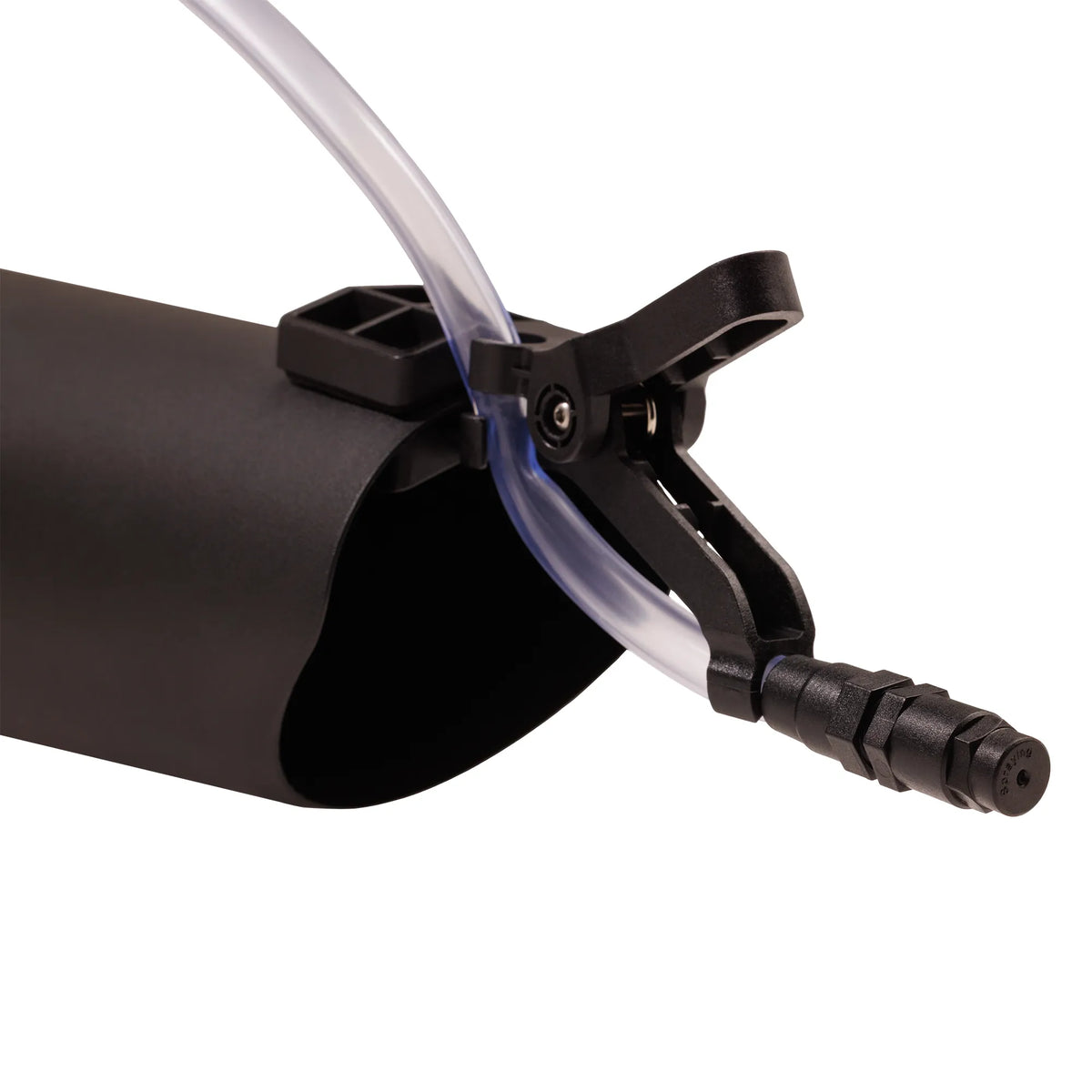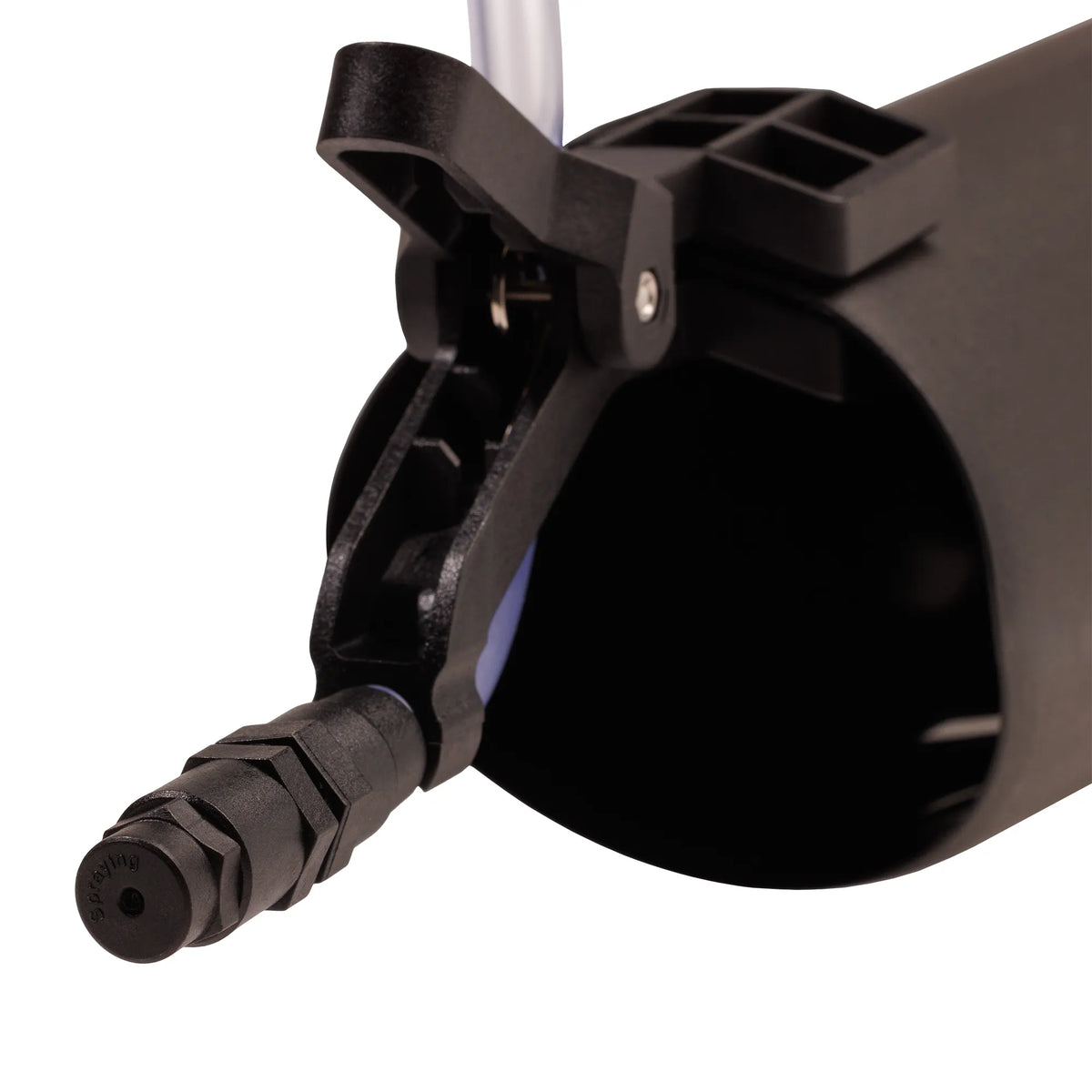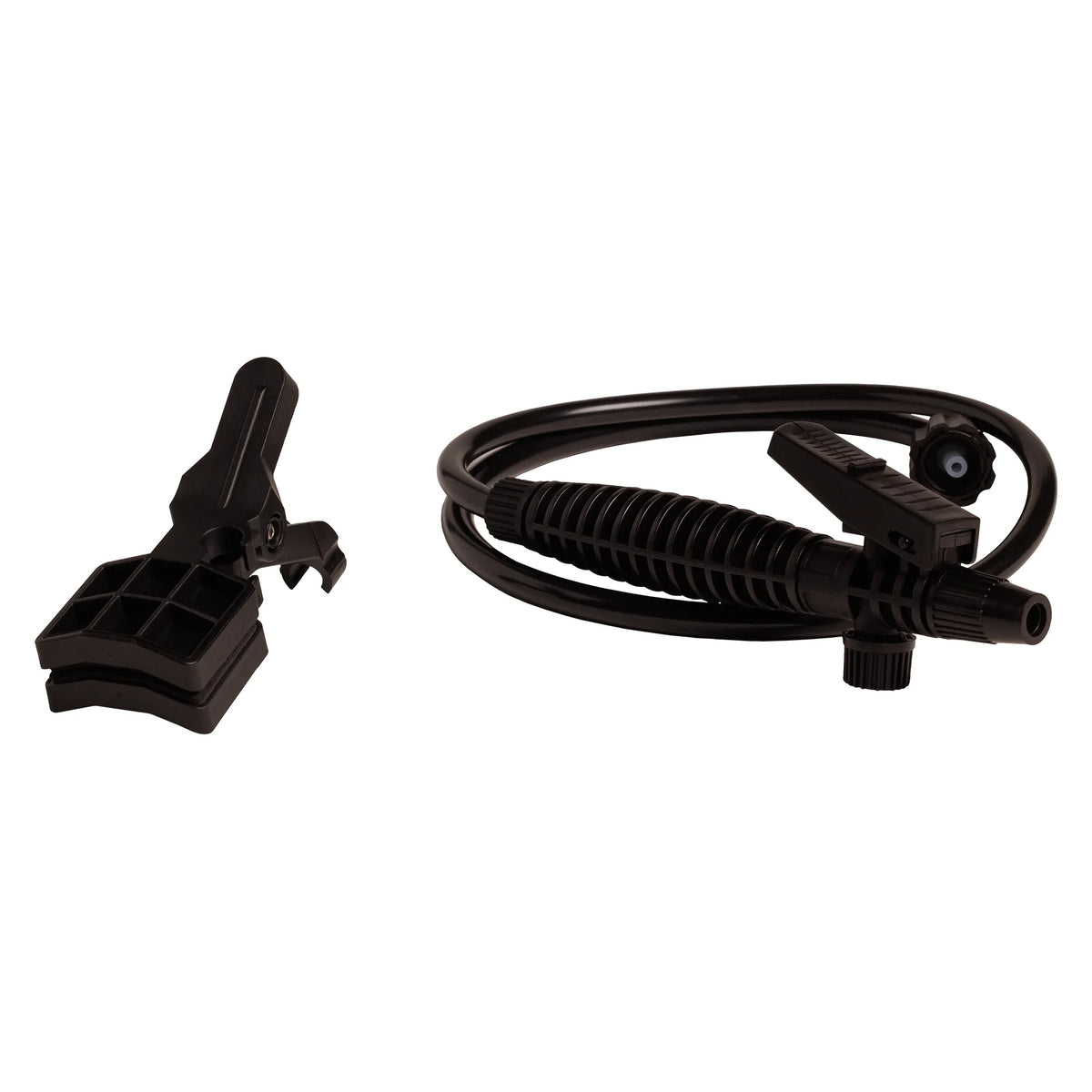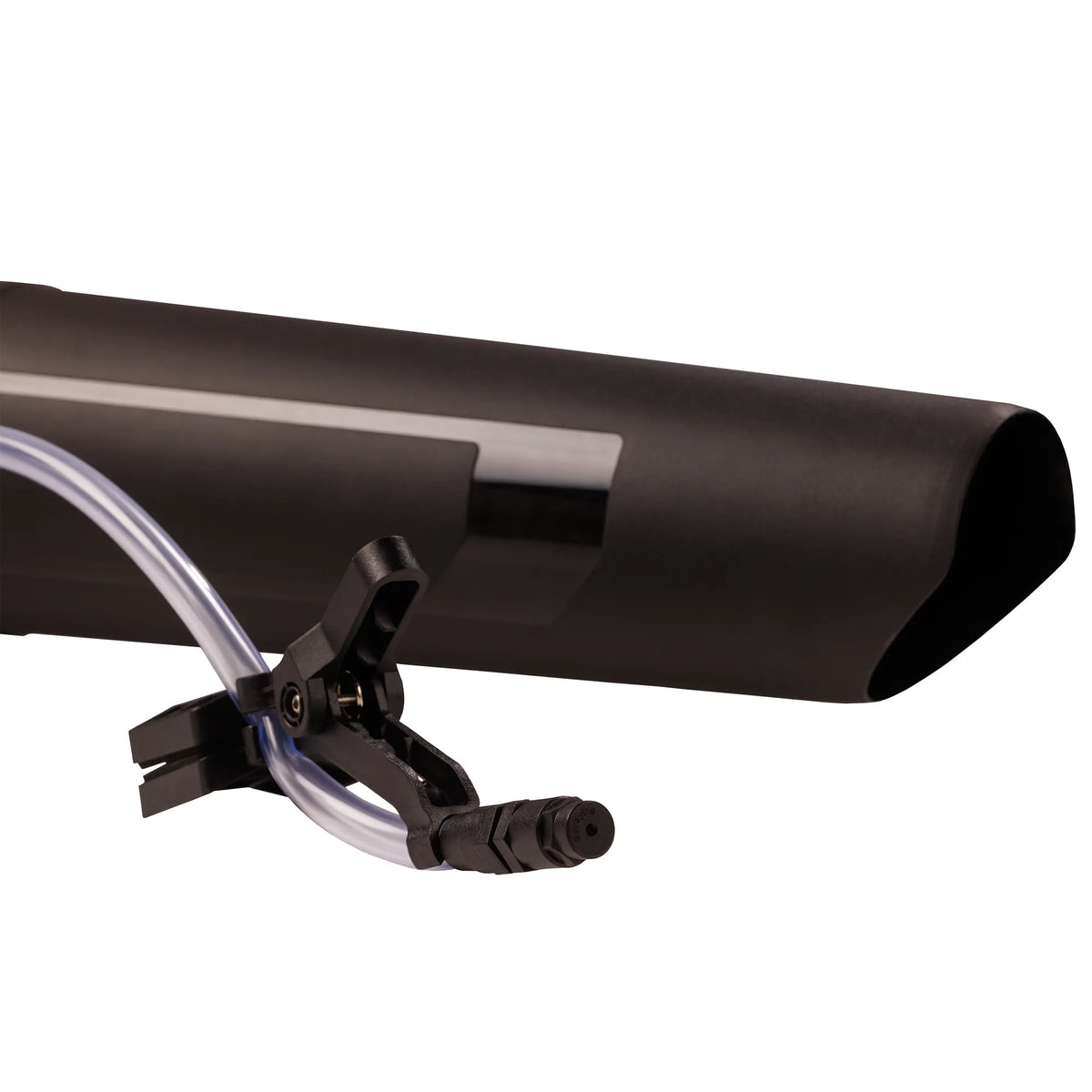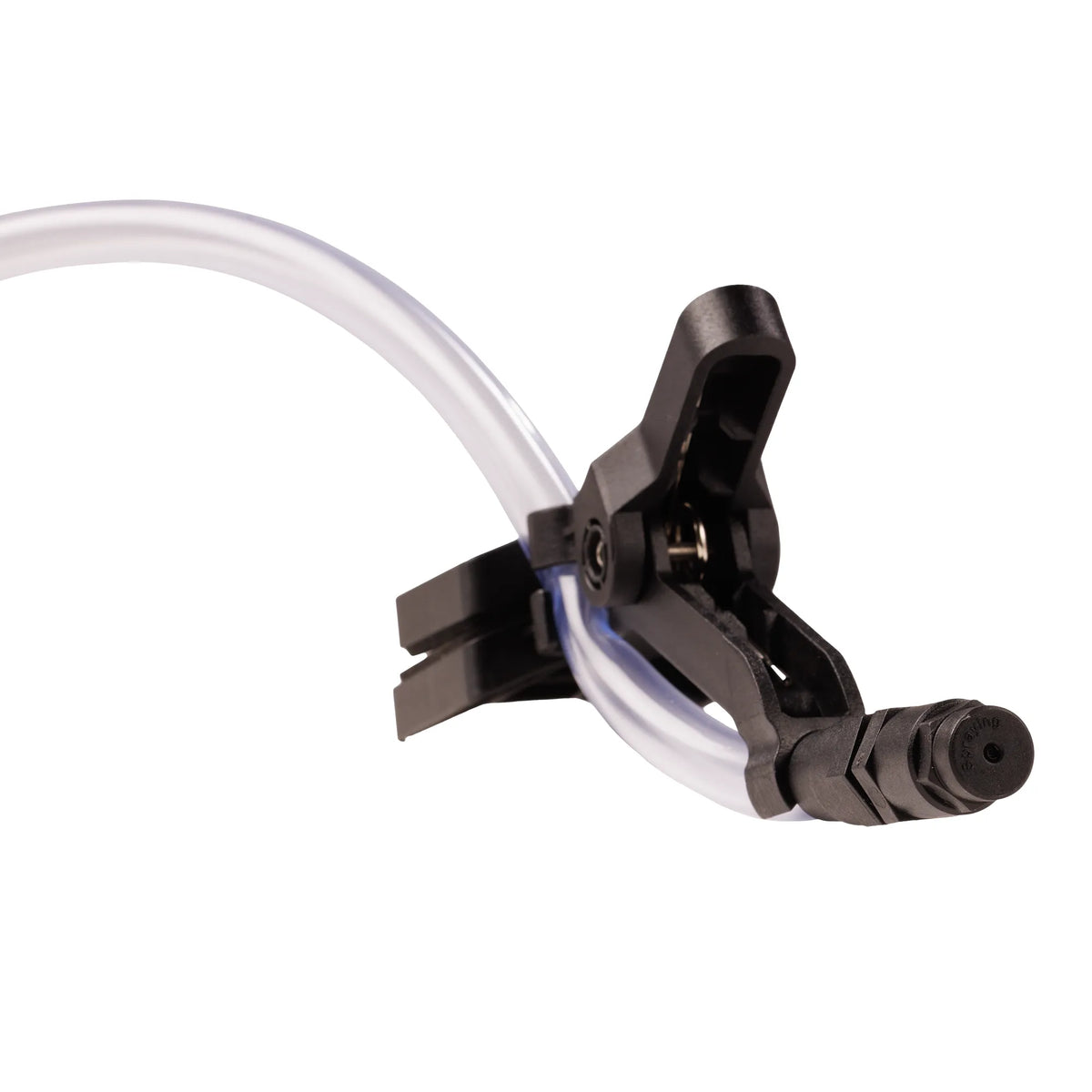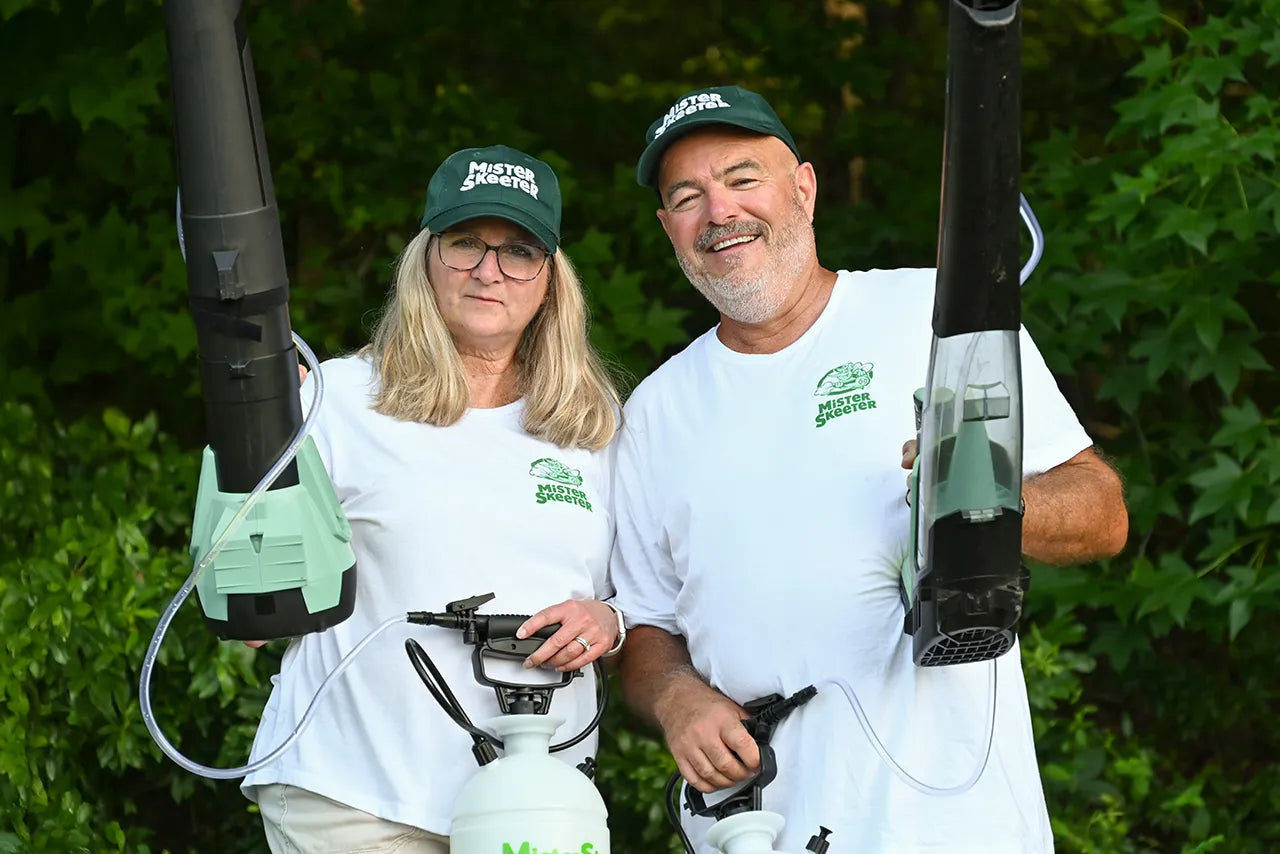You’re not the only one swatting at mosquitoes in the summer—your pets are quietly putting up with them too. Mosquitoes don’t care whether you’ve got two legs, four legs, or feathers. They’ll snack on a Labrador just as happily as they’ll bite a backyard hen. At MisterSkeeter, we like to keep things light, but when it comes to pets, this is serious business. Mosquitoes can make them sick—or worse—if we don’t step in.
Dogs: The Heartworm Connection
For dogs, the big threat is heartworm, a dangerous parasite transmitted through mosquito bites that can cause severe lung disease, heart failure, and even death (American Heartworm Society). Preventive medication is far cheaper and safer than treatment, and year-round use is recommended in most states. Keep water dishes clean, bring dogs indoors during peak mosquito hours, and eliminate standing water from your property to cut down breeding grounds. Regular yard treatments are especially effective for dogs that spend a lot of time outside, creating a low-mosquito buffer zone where they can play safely.
Cats: The Silent Sufferers
Cats can also get heartworm, but their smaller bodies mean even a tiny worm load can cause heartworm-associated respiratory disease (HARD), which often mimics asthma (American Veterinary Medical Association). There’s no approved treatment for feline heartworm, so prevention is the only option. Keep cats indoors during high mosquito activity, use only vet-approved preventives, and make sure your screens and seals are intact. For adventurous cats who enjoy safe outdoor enclosures or “catios,” routine yard spraying helps reduce mosquito pressure around those spaces, lowering the odds of a bite in the first place.
Backyard Chickens: More Than an Egg Issue
While chickens don’t get heartworm, they are susceptible to mosquito-borne illnesses like avian pox and West Nile virus, both of which can cause weight loss, reduced egg production, and in some cases, death (USDA Agricultural Research Service). Reducing standing water near the coop, keeping vegetation trimmed, and using mosquito netting at dawn and dusk all help. Spraying the yard and coop perimeter with a MisterSkeeter treatment can dramatically reduce the local mosquito population, cutting down on disease risk for the whole flock and making their environment more comfortable.
Your Yard, Coop, and Campsite Are the Front Lines
Personal prevention—meds, netting, or screens—only works if you also cut down the mosquito population in the spaces your pets roam. That’s where MisterSkeeter comes in. In just minutes, you can attach it to your leaf blower and treat your backyard, the perimeter of your chicken coop, or even your campsite before settling in for the evening. It’s fast, effective, and far more cost-efficient than repeated professional sprays.
DIY + Money Saving + Peace of Mind
Protecting pets from mosquitoes isn’t optional—it’s essential. With the right combination of vet-approved preventives and regular DIY spraying, you can keep your furry and feathered friends safe without paying for costly service contracts. MisterSkeeter gives you the control to treat your spaces when and where you need it, so you—and your pets—can enjoy the outdoors without the buzz or the bites.
References:
- American Heartworm Society – Heartworm disease in dogs and cats; prevention guidelines.
- American Veterinary Medical Association – Feline heartworm disease and prevention.
- USDA Agricultural Research Service – Avian pox and West Nile virus in poultry.


